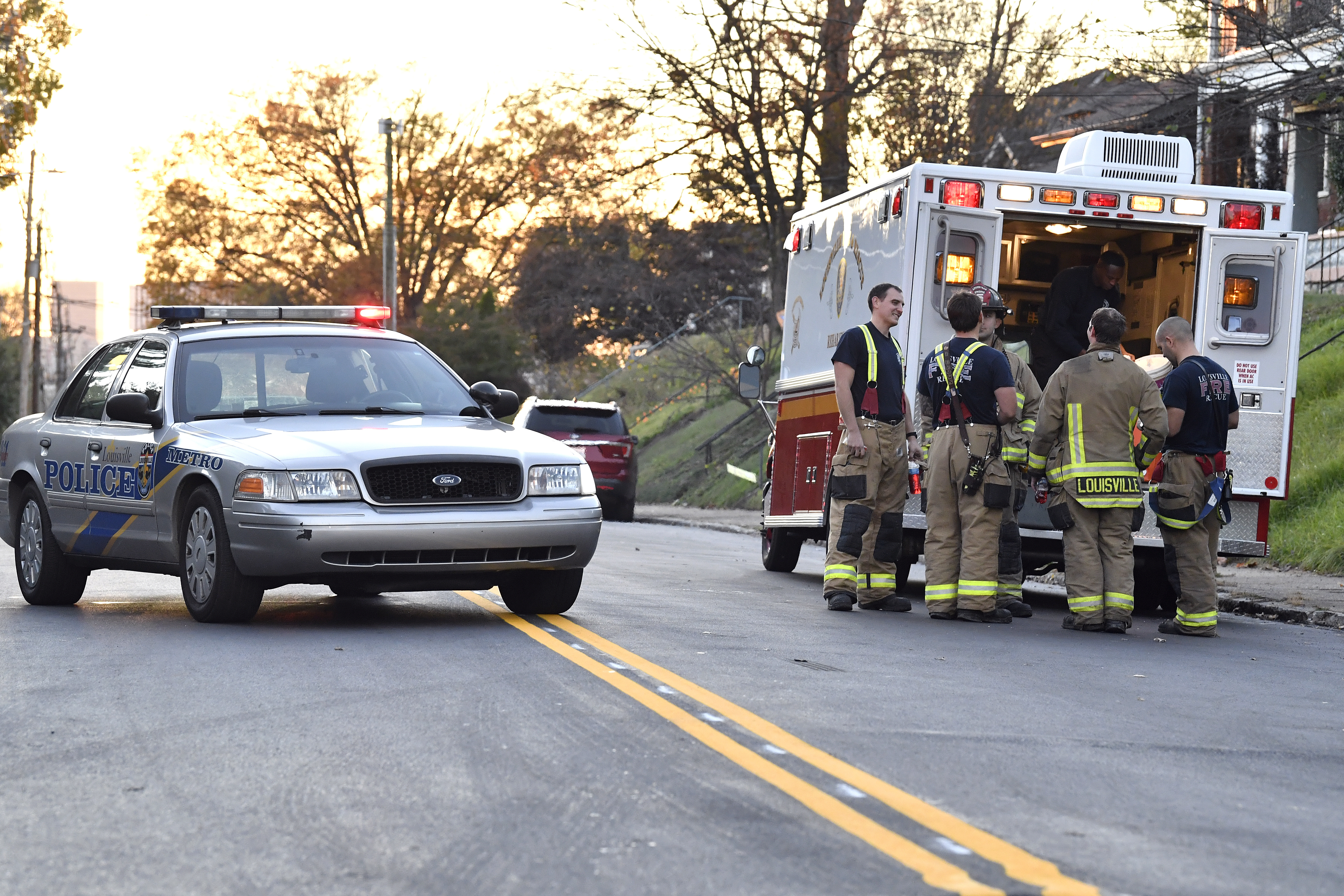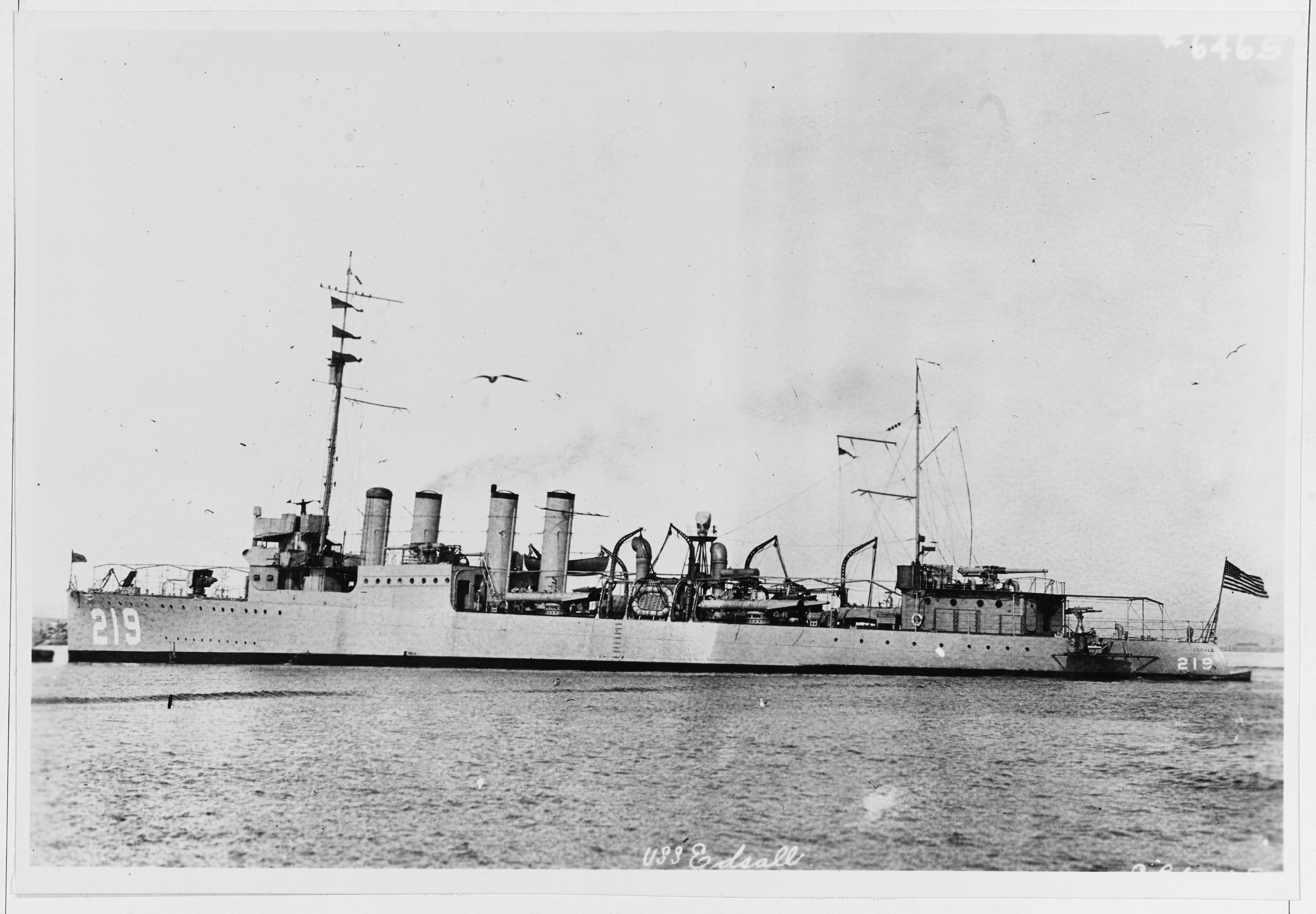Rescue operation teams worked Tuesday to save a 30-foot-long gray whale entangled in a massive gill net off the San Mateo County coast.
Justin Viezbicke, the California Marine Mammal Stranding Response Coordinator for the National Oceanic and Atmospheric Administration Fisheries, is working on the rescue effort with the Marine Mammal Center in Sausalito.
“These are really difficult entanglements to remove,” Viezbicke said. “Because the whales doesn't want to stop and doesn't want to let us do what we need to do, and gill nets require a lot of cuts.”
Get top local stories in San Diego delivered to you every morning. Sign up for NBC San Diego's News Headlines newsletter.
The entangled whale was first spotted March 22 off of Laguna Beach in Southern California. It was tagged with a tracking device, which soon became separated from the whale.
It was next spotted Tuesday, off Thornton State Beach in Daly City, heading north on its annual migration from Baja to Alaska.
The process of removing the gill net, which can be as large as several football fields, can be dangerous.
U.S. & World
“We get in tow behind the whale,” Viezbicke said. “So we have an inflatable that will let the whale pull us. And then we can pull ourselves up right behind the whale and then we can reach over the front of the boat with a 10 or 15-foot pole — 20 to 25-feet depending on how reactive the whale is — and we try to reach up there to make the cut.
NOAA has never lost a rescue team member, but similar organizations in Australia and Canada have.
At Rodeo Beach in Marin County, an NBC Bay Area crew spoke with several people concerned about the health of not only the whale but also the oceans.
“It just shows that pollution and mismanagement of the ocean and river channels is a huge issue,” said Callie Nance from Fort Cronkhite. “And it's terrible that a beautiful animal has just suffered because of it. Sad.”
“I like fishing. I’m all for it. But you got to do it the right way,” Mill Valley resident Alex Lomov said. “You know, if whales are getting caught in nets, that’s not right. Do a better job.”
NOAA has asked the public get involved. Anyone who spots it is asked to call 1-877-SOS-WHALE.



